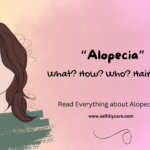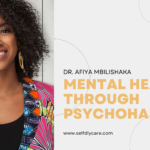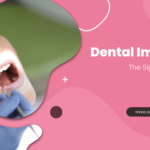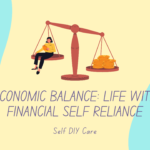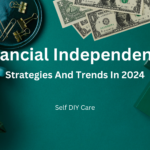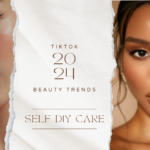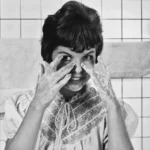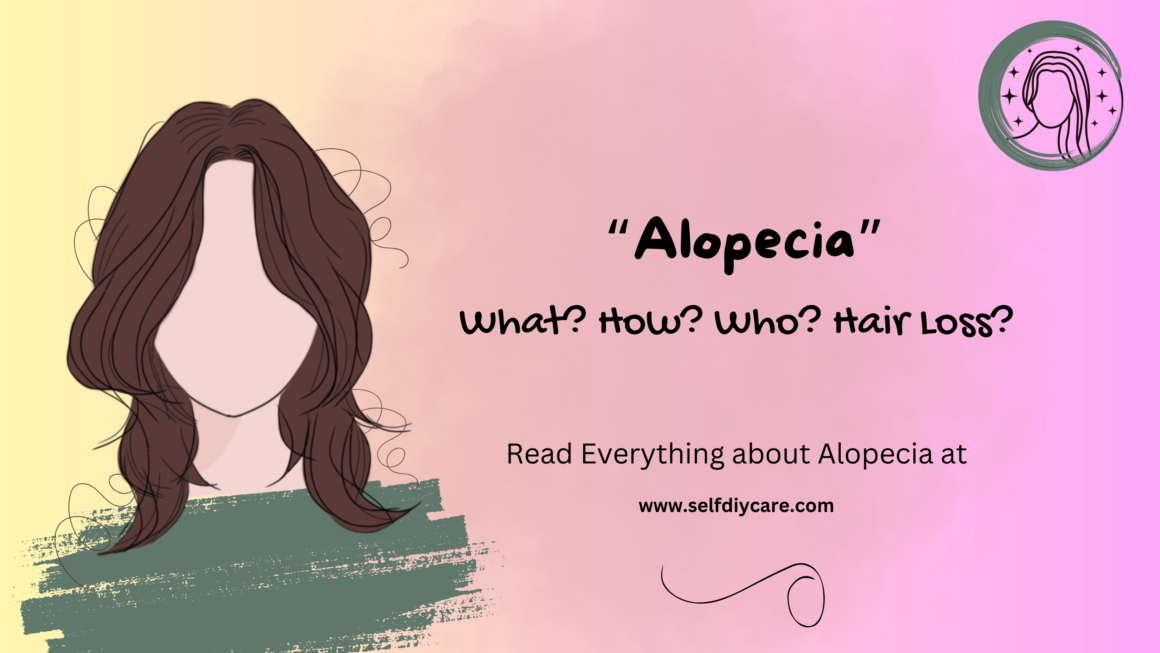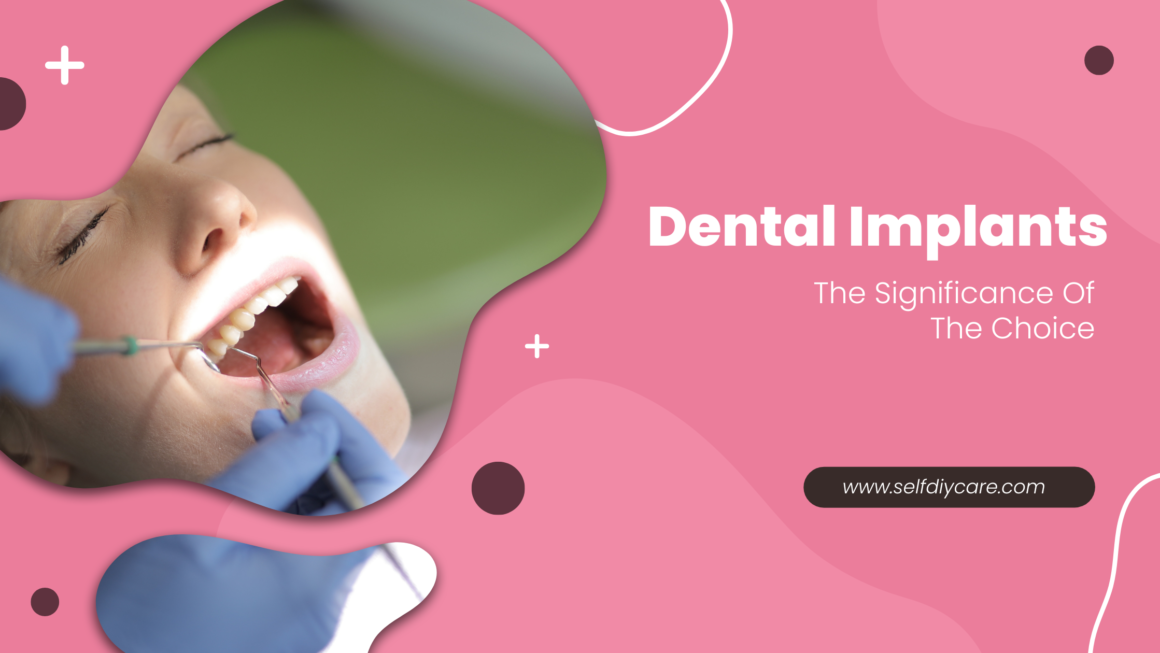Hairstyling has always been Afiya Mbilishaka, PhD’s passion. She set up an impromptu salon at parties as the family’s hair stylist during her adolescent years. She even continued this enthusiasm while attending the University of Pennsylvania, giving hair services in her dorm room. Her aunt urged her to pursue both hairstyling and psychology after graduation that lead to positive mental health initiatives, asking, “Why can’t you do both?” Dr. Mbilishaka found great resonance in this advice, which inspired her to continue her hairstyling career while pursuing a PhD in clinical psychology.

Dr. Afiya Mbilishaka
“A therapist, consultant, research-scientist, speaker, hair historian, and. hairstylist. She is the owner of Ma’at Psychological Services, a private practice in. Washington, DC focused on promoting balance and restoring order to the lives of her clients.”
By establishing PsychoHairapy in 2019, Dr. Mbilishaka cleverly brought her passion for psychology and hairstyling together. This innovative organization provides salon employees with a full 12-hour training program that teaches them how to identify warning signals of mental health concerns in their clients and gives them vital “micro-counseling” skills. A burgeoning movement that recognizes the special status of hair stylists as unofficial therapists is led by PsychoHairapy.
The Profound Connection Between Hair and Mental Health
The relationship that exists between hairdressers and their customers frequently goes beyond appearances. A 2021 poll by the appointment-booking app Booksy found that a startling 43% of hairdressers admit that their clients frequently regard them as de facto mental health counselors. And that the act of simply getting a haircut has had a fighting response and a reductive impulse towards their anxiety and depression. As varied as the hairstyles themselves are the causes of this occurrence. Clients feel at ease enough to speak up because of the stylist’s body language, the secrecy that results from not knowing friends or relatives, and the trust that is developed over life-changing hair experiences.
The co-founder of Brooklyn’s The Bird House salon, Brooke Jordan, stresses the value of developing sincere connections in the hairstyling industry. The Bird House’s distinctive offerings, including “chemo cuts” to assist cancer patients or “emo cuts” for emotional expression, demonstrate a thorough understanding of the strong correlation between hair and mental health. The resounding success of these services is evidence of the increased consciousness among clients and stylists about the significant relationship between hair and mental health.
Decoding Mental Health and Depression Through Hair
Dr. Afiya Mbilishaka emphasizes how hairdressers are in a unique position to identify signs of mental health problems in their clientele. Beyond their work as hair stylists, these experts unintentionally become confidants and watchers of subtle cues, such as despair, anxiety, fits, and bipolar tendencies. Physical symptoms like alopecia or hair matting can act as silent pleas for assistance; these signs are frequently disregarded yet are vital in recognizing people who are silently struggling with depression or anxiety. Hairdressers are essential in identifying and resolving these issues because of their astute observations and their position at the nexus of aesthetics and mental health.
The Bluemind Foundation’s Heal by Hair campaign is a worthy endeavor that tackles the complex relationship between hair and mental wellness in various cultural contexts. This initiative goes beyond recognition by teaching African hairstylists to recognize signs of mental distress. It serves as a link between cultural quirks and consciousness, de-stigmatizing issues and encouraging assistance. Heal by Hair trains hairstylists to become mental health advocates by providing them with not only hairstyling knowledge but also compassion and understanding. This program is a critical step toward dismantling social stigmas associated with anxiety and depression and advancing a more compassionate understanding of mental health.
As Dr. Mbilishaka and projects like Heal by Hair have shown, the relationship between hairstylists and mental health awareness essentially speaks to a comprehensive understanding of people’s well-being and acknowledges the personal space of a salon as a venue for meaningful discussions. With its complex indications, the silent language of hair becomes a tool for support and empowerment, enhancing the perception that hairstylists are not just artists of beauty but also community mental health champions.
Unofficial Therapists to Trained Professionals
Organizations such as The Confess Project and The Lions Barber Collective, which recognize the dearth of mental health specialists, especially for underprivileged populations, offer vital training to barbers and hairstylists. With the help of these workshops, salon employees should be able to recognize warning signals of client discomfort and develop basic coping mechanisms and mental betterment methods. These programs’ indisputable success shows how important a role hair stylists might play in their communities’ mental health advocacy. The basic principle of any mental stress or disorder that especially develops later in life leads back to the root problems that are mainly depression or anxiety – and that is taught to every professional in work.
Nurturing Caretakers to Elevate Mental Health
These training programs provide as an important link between communities and accessible resources, even if they are not meant to take the place of professional mental health care. Programs like Head Up, a mental wellness education initiative by NAMI and L’Oréal Professionnel Paris, concentrate on imparting to hairdressers’ essential skills like self-care routines and boundary-setting. Nonetheless, it’s critical to recognize that a significant portion of salon employees experience worry and burnout. Providing hairstylists with resilience training, community support, and well-defined boundaries are critical to preserving their own mental health.
Conclusion
In conclusion, the complex interplay between scissors and psychology illustrates the close relationship between mental well-being and hairstyling artistry. The groundbreaking project PsychoHairapy, spearheaded by Dr. Afiya Mbilishaka, is evidence of the growing significance of hairdressers as informal therapists. The hairstyling industry’s connection with mental health, sadness, and anxiety is a powerful recognition of the profound effect that personal growth can have on emotional wellness.
The need for mental health knowledge and support grows more and more apparent as hairstylists continue to walk this tightrope between their clients’ inner and outward worlds. In addition to highlighting the potential of hairstylists as champions for mental wellness, the success of initiatives like Head Up, The Confess Project, and The Lions Barber Collective also highlights how important it is for them to take care of their own wellbeing.
In this changing environment, scissors become more than just hairstyling tools—they become tools of empowerment that ignite discussions about mental healing, provide comfort to those suffering from anxiety and depression, and build a supportive community within the hairstyling community. While we honor the artistic skill of hairstyling, let’s also acknowledge the significant influence it has on people’s journeys toward mental health, confirming that occasionally, a transforming cut reaches deep into a person’s inner core.
Read More Through Referencing Article At http://www.allure.com
